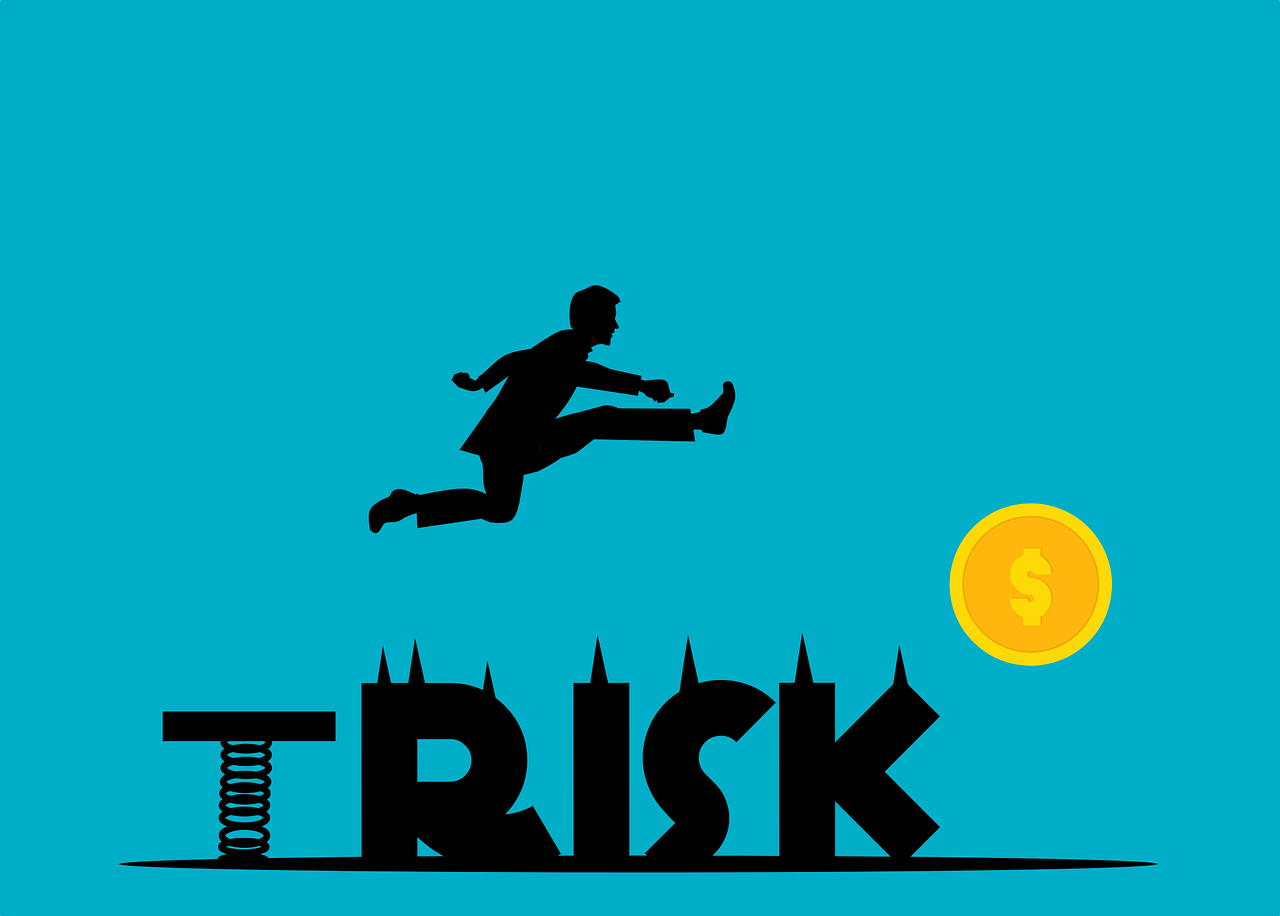How do you approach risk-taking in your career – Risk-taking is an essential aspect of career development and personal growth. Embracing risks can lead to remarkable opportunities, professional advancement, and even personal fulfillment. However, navigating the world of risk-taking requires careful consideration and strategic thinking. In this article, we will explore effective approaches to risk-taking in your career, understand the benefits it offers, and learn how to overcome fear and embrace calculated risks.
Understanding Risk-Taking
Risk-taking refers to the willingness to step outside of one’s comfort zone and take actions that involve potential uncertainty or danger. In a career context, it involves making decisions that have the potential to yield positive outcomes but also carry a certain level of risk. These risks can include starting a new business, pursuing a career change, taking on challenging projects, or even speaking up for your ideas and beliefs.
Benefits of Risk-Taking
Engaging in calculated risk-taking can bring a multitude of benefits to your career. Firstly, it opens doors to new opportunities and experiences that can enhance your skillset and broaden your professional horizons. Taking risks also allows you to stand out from the crowd, demonstrating your ambition and willingness to take initiative. Furthermore, successfully navigating risks can boost your confidence and self-belief, positioning you for greater achievements in the future.
Overcoming Fear and Embracing Risk
- Calculated Risk-TakingTo effectively approach risk-taking, it’s essential to understand the concept of calculated risks. Calculated risks involve carefully evaluating the potential risks and rewards associated with a decision. This approach allows you to make informed choices while minimizing the negative consequences of taking risks.
- Developing a Risk-Taking MindsetCultivating a mindset that embraces risk-taking requires a shift in perspective. Instead of fearing failure, view it as an opportunity for growth and learning. Embrace the idea that taking risks is an integral part of achieving success and personal development.
- Evaluating Potential RisksBefore embarking on a risky endeavor, it’s crucial to evaluate and assess the potential risks involved. Consider the potential impact on your career, finances, and personal life. By identifying and understanding the risks, you can make more informed decisions and take necessary precautions.
- Assessing Rewards and OpportunitiesAlongside evaluating risks, it’s important to assess the potential rewards and opportunities that may arise from taking a particular risk. Consider the potential career advancements, learning experiences, and personal growth that can result from successfully navigating the risk.
Strategies for Effective Risk-Taking
- Setting Clear GoalsClearly defining your career goals allows you to identify the risks that align with your objectives. Establish both short-term and long-term goals, and consider how taking those risks can contribute to your overall career trajectory. Having a clear direction helps you prioritize and focus on the risks that are most relevant to your professional growth.
- Seeking New ChallengesStepping out of your comfort zone and seeking new challenges is a powerful way to approach risk-taking. Look for opportunities that push your boundaries and require you to develop new skills. Whether it’s volunteering for a high-profile project or taking on additional responsibilities, embracing challenges can lead to significant career growth.
- Building a Supportive NetworkSurrounding yourself with a supportive network of colleagues, mentors, and like-minded individuals can provide valuable guidance and encouragement when it comes to taking risks. Seek out individuals who have successfully navigated their own career risks and learn from their experiences. Having a supportive network can boost your confidence and provide valuable insights as you embark on your own risk-taking journey.
- Learning from FailureFailure is an inevitable part of taking risks, but it’s how you respond to failure that matters most. Instead of viewing failure as a setback, see it as an opportunity to learn and grow. Analyze what went wrong, identify areas for improvement, and apply those lessons to future endeavors. Embracing failure as a stepping stone towards success can fuel your resilience and determination.
Balancing Risks and Rewards
- Recognizing LimitationsWhile risk-taking can be beneficial, it’s important to recognize your limitations and avoid taking risks that could have severe negative consequences. Assess your skills, resources, and the potential impact of a risk on your personal and professional life. Being mindful of your limitations helps you make more informed decisions and avoid unnecessary pitfalls.
- Managing and Mitigating RisksTake proactive steps to manage and mitigate risks effectively. Identify potential obstacles or challenges that may arise from taking a particular risk and develop contingency plans. Consider seeking advice from experts or conducting thorough research to minimize potential pitfalls. By addressing and managing risks upfront, you increase your chances of success.
Conclusion
Approaching risk-taking in your career requires a mindset shift, embracing calculated risks, and developing strategies to navigate uncertainty effectively. By stepping out of your comfort zone, setting clear goals, seeking new challenges, building a supportive network, and learning from failure, you can unlock new opportunities for personal and professional growth. Remember to balance risks with rewards, recognize your limitations, and manage risks proactively. Embrace the journey of risk-taking as a catalyst for success and fulfillment in your career.
FAQs
- Is risk-taking always necessary for career growth?
- Risk-taking is not always necessary for career growth, but it can significantly enhance your chances of advancement and personal development. It depends on your goals, comfort level, and willingness to step outside your comfort zone.
- How can I overcome the fear of taking risks?
- Overcoming the fear of taking risks requires a shift in mindset and reframing failure as an opportunity for growth. Building confidence, seeking support from others, and starting with small calculated risks can help you overcome the fear gradually.
- What if a risk I take doesn’t pay off?
- Not all risks will yield the desired outcome. If a risk doesn’t pay off, it’s important to learn from the experience, adapt, and move forward. Use it as a learning opportunity and apply those lessons to future endeavors.
- How do I know if a risk is worth taking?
- Assessing the potential risks and rewards, aligning the risk with your goals, and evaluating your capacity to handle the potential consequences can help you determine if a risk is worth taking. Seek advice from mentors or trusted individuals for additional perspectives.
- Can risk-taking lead to failure?
- Risk-taking inherently carries thepossibility of failure. However, failure should not be seen as a deterrent but rather as a valuable learning experience. It is through failures that we gain important insights, refine our strategies, and ultimately grow stronger. Risk-taking is about weighing the potential rewards against the potential risks and making informed decisions.




